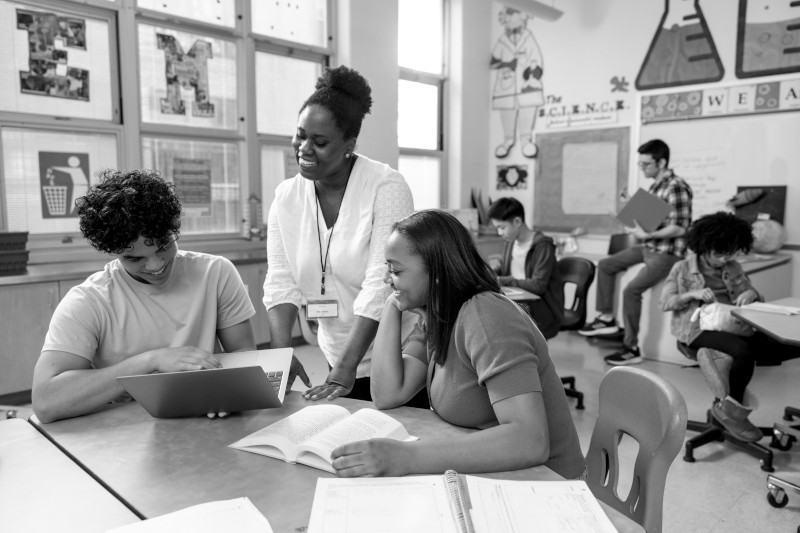- Sales & Support
- +61 2 4225 9698
- [email protected]

Australia Unveils New Curriculum Version 9: Embracing Innovation in Education
May 2, 2024
Using CAT4 to identify gifted students and support those with additional learning needs
June 5, 2025Turning the Page: Tackling the Myths and Assumptions that Impede Reading in Schools.

- 1 in 3 students in Australian classrooms struggle with reading, impacting their ability to keep up with lessons.
- Teachers estimate that 2.5 hours of curriculum time each week is lost due to the need for additional reading support.
- 87% of teachers feel personally responsible for helping struggling readers improve, but 84% have felt at a loss about how to provide effective support.
- 80% of parents find it challenging to encourage their children to read at home.
The Reality of Reading Difficulties in Australian Classrooms
In Australian classrooms, reading difficulties are more than just a minor inconvenience—they’re a major obstacle to learning. A recent survey conducted by GL Education and Renaissance found that teachers believed a third of their students weren’t reading proficiently, significantly impacting their ability to keep up with the curriculum. This belief from teachers has been confirmed with the 2024 NAPLAN results from the ABC News. Teachers estimate that around 2.5 hours of teaching time each week is devoted to helping these students, which amounts to approximately 16 days of instruction lost each year.
The Teacher’s Challenge
For many teachers, the struggle to support weak readers is both a personal and professional challenge. An overwhelming 87% of teachers feel a strong sense of responsibility to help these students improve. However, the same survey reveals that 84% of educators have felt unsure about how to effectively assist struggling readers. This uncertainty can hinder progress and exacerbate the difficulties faced by students.
The Impact on Students and Parents
The loss of instructional time affects not only students but also their families. Teachers report that 80% of parents have difficulties encouraging their children to read at home. This challenge is compounded by the fact that struggling readers often require more than just additional practice—they need targeted support that addresses their specific reading challenges.
Why Effective Support is Crucial
Addressing reading difficulties effectively goes beyond merely allocating more time. Teachers need access to the right tools and strategies to provide meaningful support. This includes reliable assessment tools, evidence-based intervention strategies, and ongoing professional development. Only with these resources can teachers maximize the impact of the time spent helping struggling readers.
Looking Ahead
To better support struggling readers, it is essential to equip teachers with the necessary resources and training. This includes access to effective assessment tools and professional development opportunities that focus on evidence-based strategies. By breaking down myths and focusing on practical solutions, we can help ensure that every student has the opportunity to succeed.
Want to Learn More?
For a deeper understanding of the impact of reading difficulties and practical strategies to address them, download our full report from GL Education and Renaissance here.



